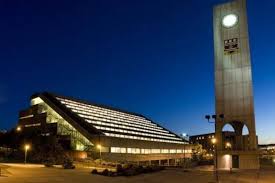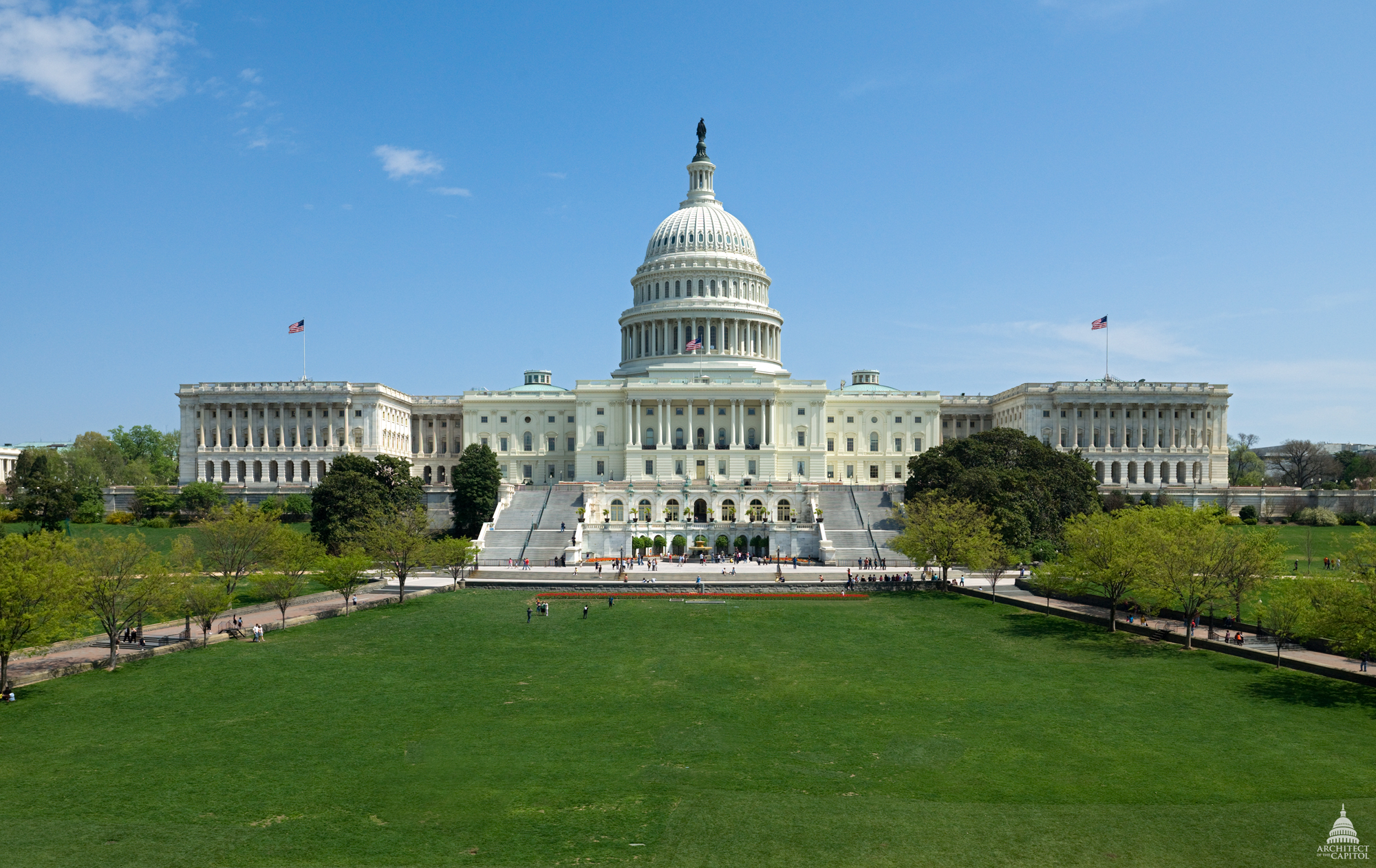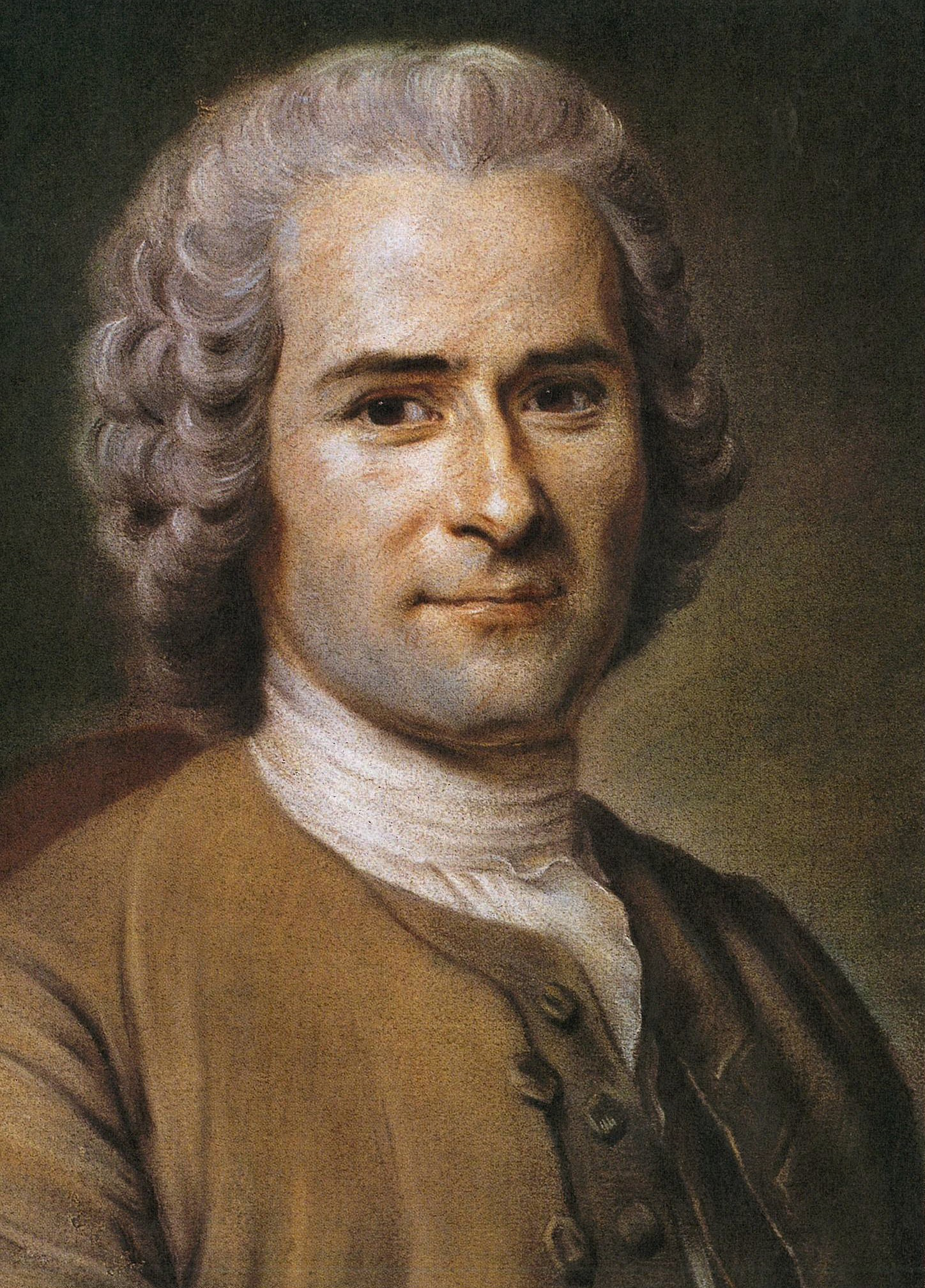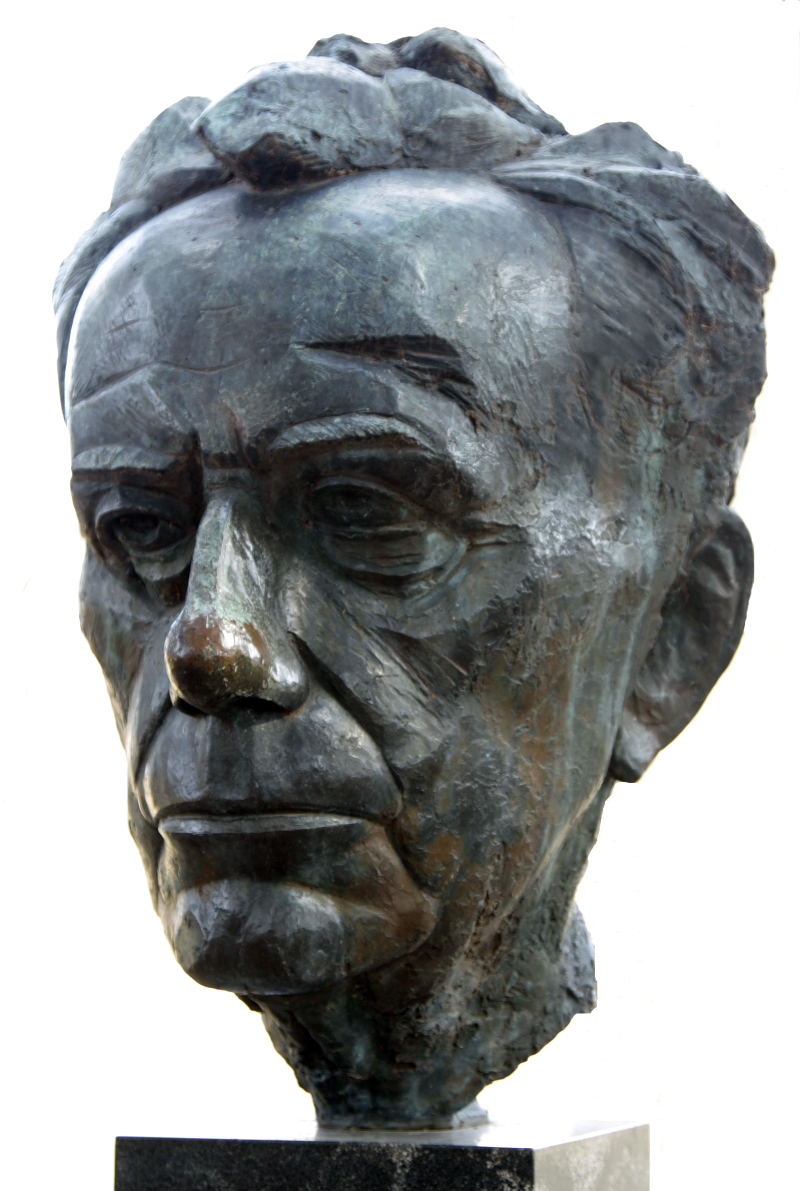Essays and commentaries by James MacLean
Essais et commentaires de James MacLean
Click on titles to read
Cliquer sur les titres pour lire les essais
Observations and analyses in these essays are those of the author, and are not to be attributed to the
service provider or to any institution.
 Our soldiers did not sacrifice themselves so we could be free. The Great War was not great. Death, chaos and
ugliness cannot be life, order and beauty. Professional killers should not be honoured qua professional
killers.
Was World War I normal? Why did they do it?
Our soldiers did not sacrifice themselves so we could be free. The Great War was not great. Death, chaos and
ugliness cannot be life, order and beauty. Professional killers should not be honoured qua professional
killers.
Was World War I normal? Why did they do it?
 The 2012 movement of students and their supporters against
tuition fee increases in Quebec has brought the issue of the cost
of post-secondary studies to the forefront of public debate in
Canada. Is the post-secondary education of a significant portion
of the citizenry sufficiently important for the functioning of
society today to be considered a public and not a private
good that, like secondary studies, should be provided to
all qualified citizens free of charge?
The 2012 movement of students and their supporters against
tuition fee increases in Quebec has brought the issue of the cost
of post-secondary studies to the forefront of public debate in
Canada. Is the post-secondary education of a significant portion
of the citizenry sufficiently important for the functioning of
society today to be considered a public and not a private
good that, like secondary studies, should be provided to
all qualified citizens free of charge?
 The discourse of so-called humanitarian war posits the existence of a
nebulous entity called the "international community", which is imagined
to hold high legal and moral standards and to have a moral duty to
intervene in civil conflicts. However no such high-minded
entity exists: the term designates nothing more than the United States
and its allies, which are themselves responsible for wars of aggression
against powerless states and destitute populations. The problems created
by a civil war can never be solved by the unilateral injection into that
war of even more war, and the concept of humanitarian war is in fact
used as a smokescreen to camouflage these wars of aggression
The discourse of so-called humanitarian war posits the existence of a
nebulous entity called the "international community", which is imagined
to hold high legal and moral standards and to have a moral duty to
intervene in civil conflicts. However no such high-minded
entity exists: the term designates nothing more than the United States
and its allies, which are themselves responsible for wars of aggression
against powerless states and destitute populations. The problems created
by a civil war can never be solved by the unilateral injection into that
war of even more war, and the concept of humanitarian war is in fact
used as a smokescreen to camouflage these wars of aggression
 (1) What is the real (as opposed to the imaginary,
ideological) function of the state? (2) Is the process by which
the leaders and members of the state structure (i.e., politicians) are
selected, namely the electoral process, equivalent to democracy?
(3) Does an electoral mandate give moral legitimacy to the
organizing of mass killing (as in the war in Afghanistan, where NATO
forces have killed many thousands of civilians)?
(1) What is the real (as opposed to the imaginary,
ideological) function of the state? (2) Is the process by which
the leaders and members of the state structure (i.e., politicians) are
selected, namely the electoral process, equivalent to democracy?
(3) Does an electoral mandate give moral legitimacy to the
organizing of mass killing (as in the war in Afghanistan, where NATO
forces have killed many thousands of civilians)?
 In the late twentieth century, the architecture of Empire changed
through the globalization of multinational corporations. Manufacturing,
and more recently marketing and similar services, have been transferred
out of First World countries into low-wage zones in Asia and Latin
America. There has always been a close connection between empire and
war, and the present globalized economy is associated with a state of
permanent war.
In the late twentieth century, the architecture of Empire changed
through the globalization of multinational corporations. Manufacturing,
and more recently marketing and similar services, have been transferred
out of First World countries into low-wage zones in Asia and Latin
America. There has always been a close connection between empire and
war, and the present globalized economy is associated with a state of
permanent war.
Although the United States had lost its longtime Soviet enemy, it has
retained an economy that devotes as many resources to military equipment
and personnel as every other country in the world put together. Over
100,000 American companies receive Pentagon contracts. Virtually every
social class and every geographical region of the United States has a
stake in this military economy. From time to time, even when there is no
visible enemy threatening, this economic machine must have an outlet to
allow for the renewal of production. This outlet is war.
 The contemporary peace movement in Canada came together in 2002 to
work with similar movements elsewhere to stop the invasion of Iraq. On
February 15th, 2003, over ten million people around the world, including
a thousand here in St. John's, rallied against the planned war. By 2006
Canada found itself plunged into the Afghanistan war, and the
Canadian peace movement has redirected its primary focus. The movement
faces difficulties, such as the increasing dependence of the North
American economy on the war industry, and a dejected feeling that the
war machine steam roller is so powerful that nothing can be done to stop
it. Ultimately those who want an end to these terrible atrocities have a
choice: either do nothing, or do something.
The contemporary peace movement in Canada came together in 2002 to
work with similar movements elsewhere to stop the invasion of Iraq. On
February 15th, 2003, over ten million people around the world, including
a thousand here in St. John's, rallied against the planned war. By 2006
Canada found itself plunged into the Afghanistan war, and the
Canadian peace movement has redirected its primary focus. The movement
faces difficulties, such as the increasing dependence of the North
American economy on the war industry, and a dejected feeling that the
war machine steam roller is so powerful that nothing can be done to stop
it. Ultimately those who want an end to these terrible atrocities have a
choice: either do nothing, or do something.
 We no longer reckon Germans, Austrians, Italians, Japanese, Russians
or Chinese as our mortal enemies, and rather than dying under their guns
and bombs and levelling their cities and killing their civilians by the
hundreds of thousands, or being prepared to do so, we now want them to
come to study at our university. Here, accordingly, are four principles
to observe in modernizing Memorial University's remembrance activities:
(1) Do everything possible to spare present and future
generations the fate of earlier victims of war. (2) Remember
and deplore the death of all victims of war, whatever their
national origin, and especially civilian victims. (3) Never
assume or imply that the human life of Newfoundlanders and Canadians is
more valuable than the human life of Germans, Japanese or Pashtuns, and
refuse historically counterfactual catchphrases, like the
spurious claim that First World War soldiers killed and died "so that we
can be free." (4) Make no compromise with the defeatist
assumption of the normalcy of war.
We no longer reckon Germans, Austrians, Italians, Japanese, Russians
or Chinese as our mortal enemies, and rather than dying under their guns
and bombs and levelling their cities and killing their civilians by the
hundreds of thousands, or being prepared to do so, we now want them to
come to study at our university. Here, accordingly, are four principles
to observe in modernizing Memorial University's remembrance activities:
(1) Do everything possible to spare present and future
generations the fate of earlier victims of war. (2) Remember
and deplore the death of all victims of war, whatever their
national origin, and especially civilian victims. (3) Never
assume or imply that the human life of Newfoundlanders and Canadians is
more valuable than the human life of Germans, Japanese or Pashtuns, and
refuse historically counterfactual catchphrases, like the
spurious claim that First World War soldiers killed and died "so that we
can be free." (4) Make no compromise with the defeatist
assumption of the normalcy of war.
The Senate Committee on Defence and Security should call on the
Government of Canada to end immediately all forms of military
collaboration in any formal or informal military alliance with any
foreign states that possess weapons of mass destruction, and/or
illegally attack or invade any other countries.
Le Comité sénatorial permanent de la sécurité nationale et de la
défense devrait demander au gouvernement du Canada de mettre fin
immédiatement à toute forme de coopération militaire, officielle ou
officieuse avec tout État étranger qui possède des armes de destruction
massive, et/ou qui attaque ou envahit illégalement, avec ou sans
occupation, tout autre pays.
 I defend censorship in certain well-defined cases, arguing that it is
perfectly consistent with the principle of freedom of expression as this
principle is found in the political tradition on which the modern state
is founded.
I defend censorship in certain well-defined cases, arguing that it is
perfectly consistent with the principle of freedom of expression as this
principle is found in the political tradition on which the modern state
is founded.
 For Claude Lévi-Strauss the ultimate lesson of Rousseau's
anthropology is a lesson in humility, a humility which derives from the
human person's natural capacity to identify with all forms of sentient
life. Lévi-Strauss concludes that there is only one truly unpardonable
crime for a human being: "to consider oneself, in the short term or in
the long term, superior [to others], and to treat other human beings as
objects."
For Claude Lévi-Strauss the ultimate lesson of Rousseau's
anthropology is a lesson in humility, a humility which derives from the
human person's natural capacity to identify with all forms of sentient
life. Lévi-Strauss concludes that there is only one truly unpardonable
crime for a human being: "to consider oneself, in the short term or in
the long term, superior [to others], and to treat other human beings as
objects."
 The term "liberalism" is used in two distinct, and even contradictory
ways. In Europe liberalism means minimizing government participation
and regulation in the economic sphere. By contrast, American
"liberalism" is equivalent to what Europeans call "social democracy": it
favours intervention of the state to redress some of the inequalities
arising out of capitalism and the historic role of certain groups such
as blacks and women. How did these different meanings evolve from
classical eighteenth-century liberalism?
The term "liberalism" is used in two distinct, and even contradictory
ways. In Europe liberalism means minimizing government participation
and regulation in the economic sphere. By contrast, American
"liberalism" is equivalent to what Europeans call "social democracy": it
favours intervention of the state to redress some of the inequalities
arising out of capitalism and the historic role of certain groups such
as blacks and women. How did these different meanings evolve from
classical eighteenth-century liberalism?
Il y a deux volets également indispensables de l'action sociale
chrétienne : d'un côté l'aide immédiate qu'on doit offrir à ceux et à
celles qui souffrent, et de l'autre la critique morale des
structures socio-économiques. Nous distinguons trois moments dans
l'interaction de ces deux éléments formateurs de l'action sociale
chrétienne, celui d'abord de l'Évangile, celui ensuite de la tradition
catholique et du magistère, et celui enfin de la situation d'aujourd'hui
et des défis de l'avenir.
 As a young person I came to understand that Christian beliefs were
not empirical facts but affirmations of value, that they did not mean
accepting an antiquated cosmology, that God is not "a being", however
perfect, that the message of the Gospel cannot be reconciled with the
practice of war, and that Christian faith, while developing the inner
spirit and personal relations, means as well an engagement with real
life and the real world.
As a young person I came to understand that Christian beliefs were
not empirical facts but affirmations of value, that they did not mean
accepting an antiquated cosmology, that God is not "a being", however
perfect, that the message of the Gospel cannot be reconciled with the
practice of war, and that Christian faith, while developing the inner
spirit and personal relations, means as well an engagement with real
life and the real world.
 In early Protestantism we observe a partial de-ritualization, with a
shift of emphasis in their ritual gatherings away from the physical and
the gestual towards the verbal. However the new word-dominated forms of
ritual were quickly institutionalised, while at the same time Protestant
theology became a new codified and normative orthodoxy in those European
states where it was adopted. A theory of toleration and freedom of
conscience could be developed only outside of institutional
Christianity, appearing in the writings of that small group of European
thinkers (notably Sebastian Franck and Sebastian Castellio) who came to
reject ecclesiastical religion altogether.
In early Protestantism we observe a partial de-ritualization, with a
shift of emphasis in their ritual gatherings away from the physical and
the gestual towards the verbal. However the new word-dominated forms of
ritual were quickly institutionalised, while at the same time Protestant
theology became a new codified and normative orthodoxy in those European
states where it was adopted. A theory of toleration and freedom of
conscience could be developed only outside of institutional
Christianity, appearing in the writings of that small group of European
thinkers (notably Sebastian Franck and Sebastian Castellio) who came to
reject ecclesiastical religion altogether.
 It is possible to identify three schools of religious thought in the
later Middle Ages that provided a theoretical basis for challenging
either the validity or the necessity of the Church's institutional
apparatus. These are: the evangelical reform movement associated with
Wyclif and Hus, the popular form of mysticism that was
practised in the German Rhineland, and the eschatological movement
initiated by Joachim of Flora which flourished among spiritual
Franciscans of the late thirteenth century. I focus on aspects of these
three movements that point in the direction of, and lay the foundation
for, the non-ecclesiastical spiritualism of radical sixteenth-century
thinkers like Sebastian Franck.
It is possible to identify three schools of religious thought in the
later Middle Ages that provided a theoretical basis for challenging
either the validity or the necessity of the Church's institutional
apparatus. These are: the evangelical reform movement associated with
Wyclif and Hus, the popular form of mysticism that was
practised in the German Rhineland, and the eschatological movement
initiated by Joachim of Flora which flourished among spiritual
Franciscans of the late thirteenth century. I focus on aspects of these
three movements that point in the direction of, and lay the foundation
for, the non-ecclesiastical spiritualism of radical sixteenth-century
thinkers like Sebastian Franck.
Autrefois à l'université Memorial notre programme d'études
littéraires commençait en deuxième année par une introduction à la
littérature française de la fin du Moyen Age au XXe siècle. Cependant,
les enseignants constataient que la majorité des étudiants de deuxième
année ne comprenaient qu'avec beaucoup de difficulté les textes qu'ils
lisaient. La solution consistait à leur proposer des cours d'initiation
à la lecture en deuxième année, à la place des cours de littérature.
Or la distinction entre « lecture » et « étude littéraire » n'est pas
nécessairement évidente, car il s'agit, dans l'un cas comme dans
l'autre, de lire des textes de façon attentive, donc d'en faire
finalement une certaine analyse. Mais dans un cours de lecture il s'agit
de privilégier les problèmes langagiers, d'insister sur l'analyse
grammaticale et sur l'approfondissement du vocabulaire des
étudiants.